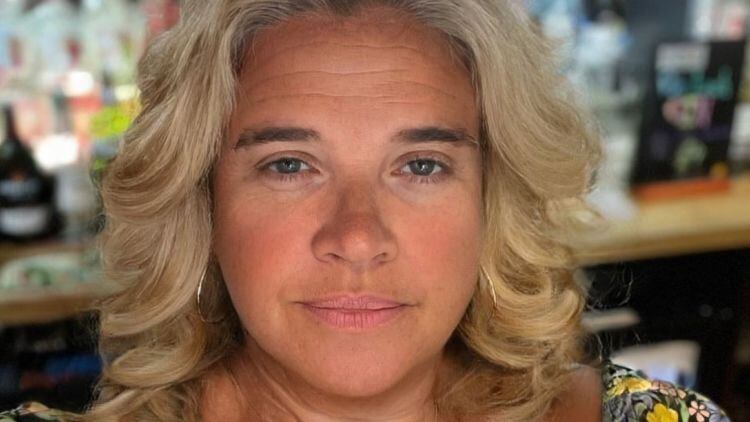This was down by £16.08bn in March 2021, according to chartered accountants and business advisers Hazlewoods.
With consumers’ discretionary spending being impacted by the cost-of-living crisis, banks have been less willing to lend to pubs, bars, restaurants and hotels, given their perceived higher risk of default, Hazlewoods revealed.
The experts stated some lenders had reduced lending to the leisure sector after the past two years having significantly weakened it through the effect of spiralling inflation and repeated closures during lockdowns.
Weakening consumer spending
Hazlewoods associate partner Rebecca Copping said: “Banks are really starting to back away from lending to hospitality businesses.
“Without financial support from lenders, some pubs, restaurants and hotels are really going to struggle.
“With a cost-of-living crisis weakening consumer spending, securing bank lending at viable rates is no easy task for hospitality businesses at the moment.”
She also outlined there was a drop in bank lending to the retail sector of 4.6% in the past year, following the end of the Government supported lending schemes including the Coronavirus Business Interruption Loan Scheme (CBILS) and Bounce Bank Loan Scheme (BBLS).
Less attractive option
Overall lending from banks to small and medium enterprises decreased by 3.9% from £216bn in March 2021 to £207.7bn in April this year.
Hazlewoods criticised the Government’s new Recovery Loan Scheme (RLS) as ‘markedly less generous’ than the CBILS and BBLS initiatives it replaced, resulting in banks being less keen to lend through it.
Under the RLS, the Government no longer pays the first 12 months interest on behalf of the business, or the lender’s fees, while interest rates for borrowers have also increased.
Copping added: “The Recovery Loans Scheme that has replaced CBILS and BBLS is much less attractive for banks – that has impacted the level of risk they are willing to take.
“SMEs planning for their end of their CBILS and BBLS loan terms may find they struggle to refinance their debts at rates that work for them.”





